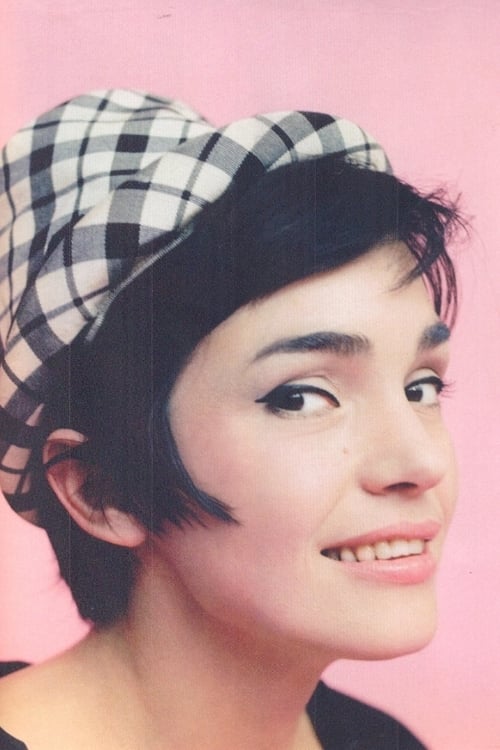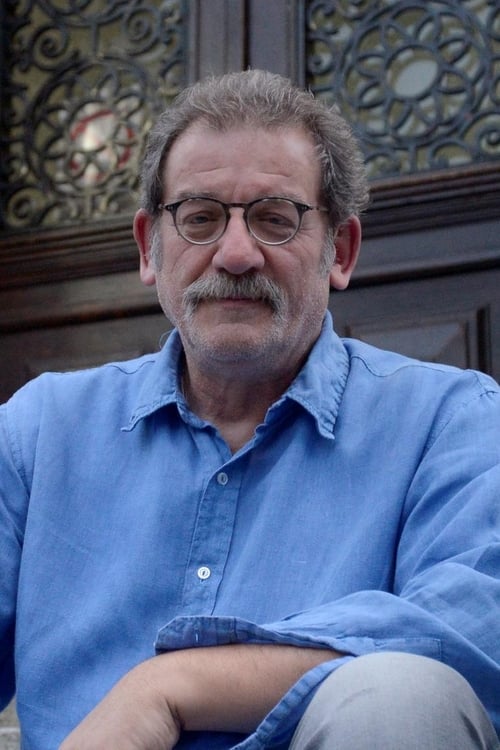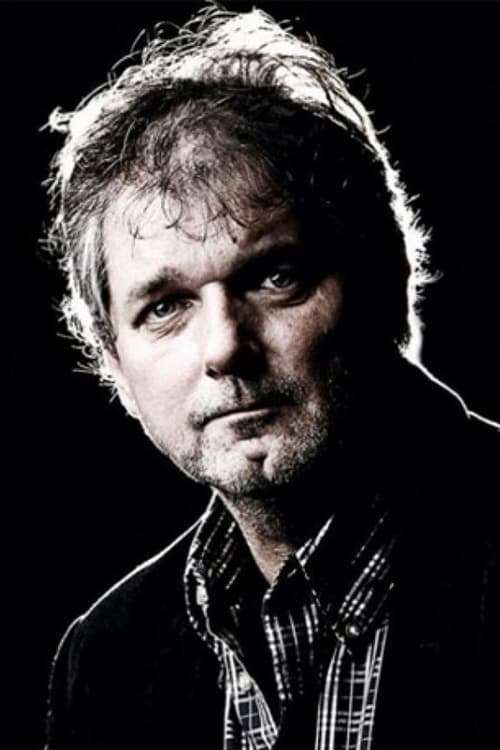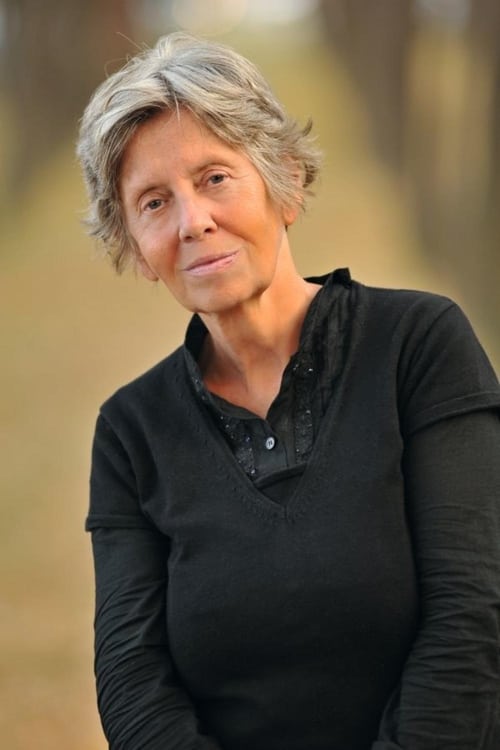Goose Feather (2004)
장르 : 드라마, 로맨스
상영시간 : 1시간 34분
연출 : Ljubiša Samardžić
각본 : Toni Matulić, Đorđe Milosavljević
시놉시스
Goose Feather (Serbian: Jesen Stiže, Dunjo Moja) was Serbia submission to the 77th Academy Awards for the Academy Award for Best Foreign Language Film, but was not accepted as a nominee. Vaguely based on a song By Djordje Balasevic called "Prica o Vasi Ladackom" (the story of Vasa Ladacki). The story is about a very poor boy that wanted abundance and wealth because he basically didn't own anything. He was in love with an equally poor girl that his father wouldn't accept. He moves to another village and starts drinking...
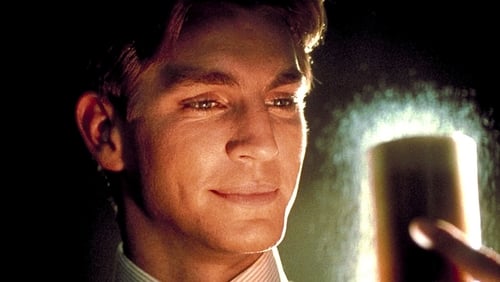
An eccentric marketing guru visits a Coca-Cola subsidiary in Australia to try and increase market penetration. He finds zero penetration in a valley owned by an old man who makes his own soft drinks, and visits the valley to see why. After "the Kid's" persistence is tested he's given a tour of the man's plant, and they begin talking of a joint venture. Things get more complicated when the Coca-Cola man begins falling in love with his temporary secretary, who seems to have connections to the valley.

Roscoe's wife, tired of his endless drunkenness, reads of an operation that cures alcoholism and has him admitted to No Hope Sanitarium to get the surgery. Roscoe, wanting out, eventually disguises himself as a nurse to effect his escape.
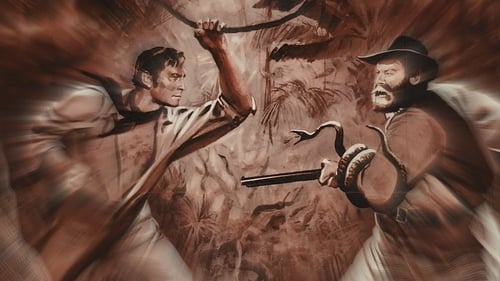
An ornithologist battles a family of bird poachers in the Florida Everglades.

The story of the film is set in the period from the 1940s until today in the Pannonian plain (the plain in the Central Europe), in an area of elusive boundaries, mysterious and unstable spiritual identity. The witness of the time is a Jewish boy Benya Cohn who, with his eye wide open, remembers the tragedy of his family, in the shadow of the Holocaust, concentration camps and new wars.

Set just before the end of WWI on the abandoned farm in Vojvodina, the story follows the wife of an Austo-Hungarian colonel of a battered battalion who pays him a visit, only to experience the true Empire's decline through the meeting with disillusioned army.

The action takes place in 1943 and today, and a Partisan school in Srem is in the center of action. A young journalist gets appointed to shoot a film report about the participants in the Liberation War from this area. In Srem village she meets common, simple people. She discovers that a free territory and a Partisan school was there. She also finds out that everybody acted as one. Deply going through all of those events, young reporter grows mature, identifying herself with the revolution participants.

Story follows a weekend in a village where young adults after a hard working week let there steam off in taverns eating, drinking, singing, breaking glasses and occasionally other things every Sunday.
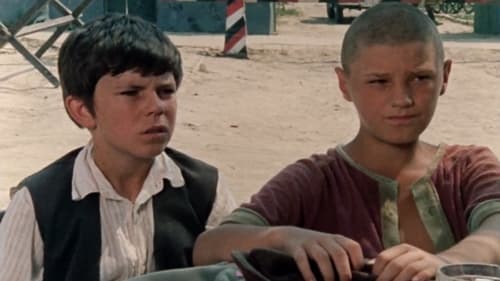
War arrives to a small secluded village in Vojvodina. The Germans take a group of hostages through the village and on their way molest a small boy. As revenge, the boy sets the German corn on fire. An intelligent and shrewd Gestapo officer Šicer arrives to investigate. He does not even suspect that he is up against a group of small boys, led by Milan and Vaso, and orders that all men from the village be taken to custody. He announces that one man will be shot each day unless the real culprit steps forward. Children contact the partisans.
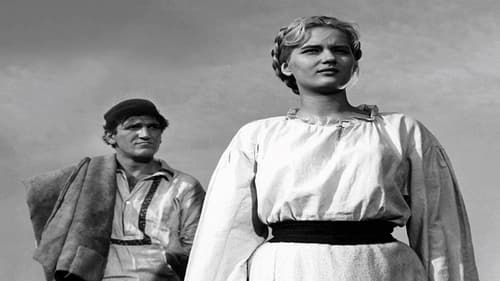
A girl from passive area comes to work in Vojvodina's fertile lowlands, along with a group of peasants for a seasonal work. After visiting a city nearby, she finds more about modern life and starts romance with a local fella. Her furious fiancée she had left behind comes to find her.

Settlers from infertile parts of Yugoslavia, arrive to rich Slavonia and Baranja. There they are faced with the decree of the Communist government by which they will be left without the land that they received in the process of collectivization just a year ago. The peasants fiercely resist the government's decision. Milisa Matic is a peasant who fights against the establishment of peasant cooperatives because in that case many peasants would lose their newly acquired land. The Communist government has decreed the founding of cooperatives and Markan Radisic is in charge of their establishment. When Markan's son proposes to Milisa's daughter, the two men confront each other. In self-defense Markan kills Milisa, however the national court fails to find mitigating circumstances. On the way to prison he listens to the news on radio about the abolition of agricultural cooperatives.
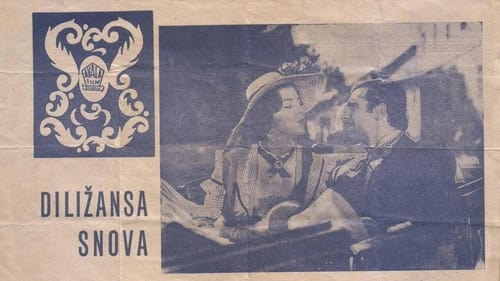
Comedy concerning an impostor who comes into a little town and turns everything upside down. Based on three comedies by Jovan Sterija Popovic.

Godina drove to the north of Serbia, Yugoslavia's Vojvodina province, and shot several folk singers and their families, introducing a wealth of Yugoslav folk music.
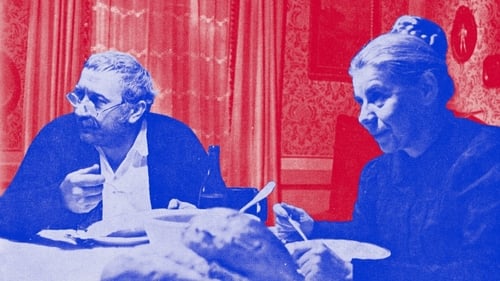
The story takes place during WW II in Vojvodina. Two boys, Milan and Rasa, are sent from a partisan squad to a village for the winter. Soon Rasa becomes very ill and Milan goes to a nearby village populated by Germans. Here he finds a job as servant in Jakob Jerih's house. At night, Milan secretly nurses his friend Rasa in a hut in a swamp near the village. Soon, he finds another hiding place in master Jerih's stable. Jerih likes the diligent Milan and he even considers adopting the boy, but Jerih's cousin and assistant is against this idea. Namely because he counts on inheriting master Jerih's estate.

The story of the collapse of Vojvodinian village during the great flood in 1947. The people, their fate and suffering, love and deaths.

A docudrama about The Danube Swabians, descendants of the youngest German tribes who, moved to the territory of Vojvodina in the 18th century looking for a better life. The story follows their destiny from the very beginnings of their settlement in this region, through their situation during the WW2 and to the present time. The film tells the story of Maria, a girl who is a descendant of The Danube Swabians. She comes to Vojvodina to find the old house of her grandfather, who was exiled after the War. There she meets a local guy named Misha who helps her in her journey. Together they travel throughout Vojvodina meeting witnesses of traumatic post-war events who have survived the communist camps. During their adventure, they discover completely new facts about The Danube Swabians that have been hidden from the public for decades.

The father remained in the village to farm land, while the son lives far away from their homeland and country for business. At one point, the son returns to the village and then the crucial question is: who will take care of the land when the father dies?

The screenplay was written immediately after the bombing of Novi Sad, 1999, but it was only a motive to speak up about the people that were humiliated for more than ten years in various ways, and that way became the victims of wrong politics, not only Milosevic's, but Western as well. The title of the movie was born there. In the second book of Moses it is written: " An altar of earth you shall make for me and sacrifice on it your burnt offerings and your peace offerings." The people who suffered most in the wars on this territory are the ones that had no influence of what so ever on the development of situation on the Balkan. But, at the same time. there was ambitious youth, that the sense of their life in these stormy time. The film is about them and that is why it sounds optimistic. Film is about the fact that we will always have the energy to survive senseless time and live normally after that.

Small village farmers grow tobacco which they are forced to sell to the government for next-to-nothing prices. This repeats with Italians during the WW2, and with the communists after the war. Boiling point is getting high.

Life in a small town, sunk in boredom and lack of excitement where dogcatcher is very important person.

A ballad of unequal marriage taking place between the Slovak minority in Vojvodina, Serbia.



